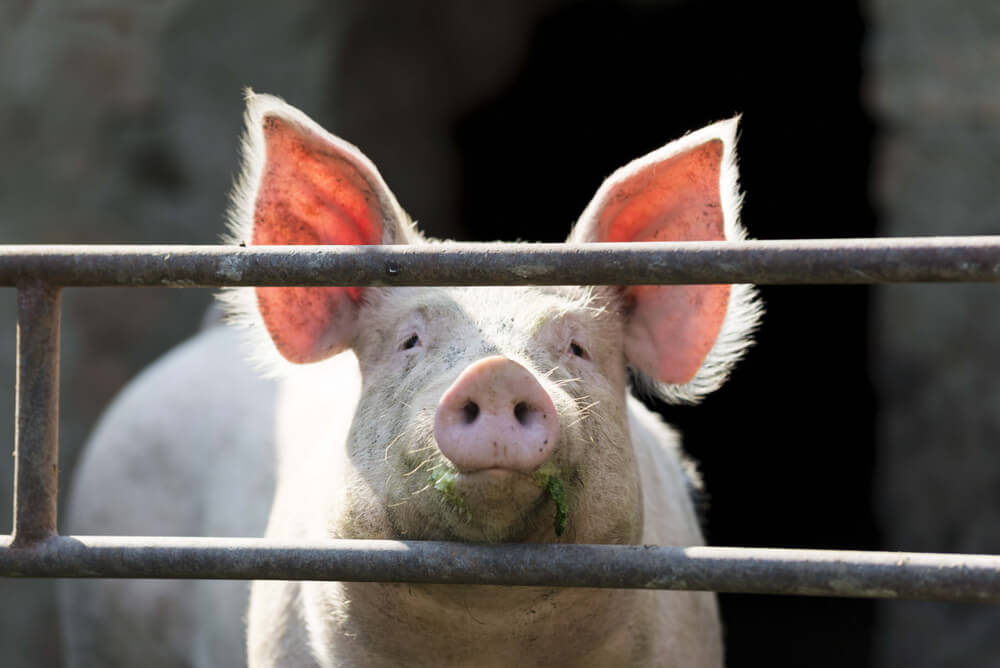Smithfield Foods, the largest pork producer in the world, now a subsidiary of China’s WH Group, was fined more than $50 million last week by a North Carolina court over the nuisance caused by the odor created on one of its pig farms.
Neighboring communities were so inundated by the farm’s foul smell that the locals in the area were forced to close windows at all times and avoid outdoor activities. Some also experienced breathing and other health problems as a result.
“Plaintiffs have suffered episodes of noxious and sickening odor, onslaughts of flies and pests, nausea, burning and watery eyes, stress, anger, worry, loss of use and enjoyment of their property, inability to comfortably engage in outdoor activities, cookouts, gardening, lawn chores, drifting of odorous mist and spray onto their land, inability to keep windows and doors open, difficulty breathing and numerous other harms,” read the complaint.
The victory is a significant blow to the pork industry as well as other livestock producers raising thousands, sometimes even millions of animals, at one location. The ruling sets a precedent that could see copycat lawsuits across the globe as consumers and communities seek alternatives to massive industrial farming operations such as those operated by Smithfield. Fortune reports that the same lawyers will be arguing a similar case next month, with more hog-related “nuisance cases” set to go to trial later this year.
“These lawsuits are an outrageous attack on animal agriculture, rural North Carolina and thousands of independent family farmers who own and operate contract farms,” Smithfield said in a statement. “These farmers are apparently not safe from attack even if they fully comply with all federal, state and local laws and regulations.” The company plans to appeal the decision.

Pork production is linked to considerable environmental damage with waste lagoons (often called pink lagoons) a leading cause of groundwater and soil pollution. Livestock waste is a leading contributor to ocean dead zones in the Gulf of Mexico.
Pork is the number one meat in China, where consumption outpaces beef seven to one. Common pig-raising practices including controversial gestation crates that have been highly criticized as being inhumane. Pigs are highly intelligent animals considered the fifth smartest animals in the world.
The victory comes days after Right Treat made its debut in Hong Kong with a vegan pork meat called Omnipork. The new meat is poised to disrupt Asia’s pork market by offering a plant-based product that looks, cooks, and tastes just like ground pork while offering superior nutritional benefits without the environmental or human health risks associated with animal-based meat.
“There should be no trade-off between food taste satisfaction and personal well-being,” David Yeung, founder of Right Treat and Hong Kong’s meat-free initiative, Green Monday and market Green Common. “Consumption and enjoyment of this generation should not become liability and suffering for future generations and other beings.”


